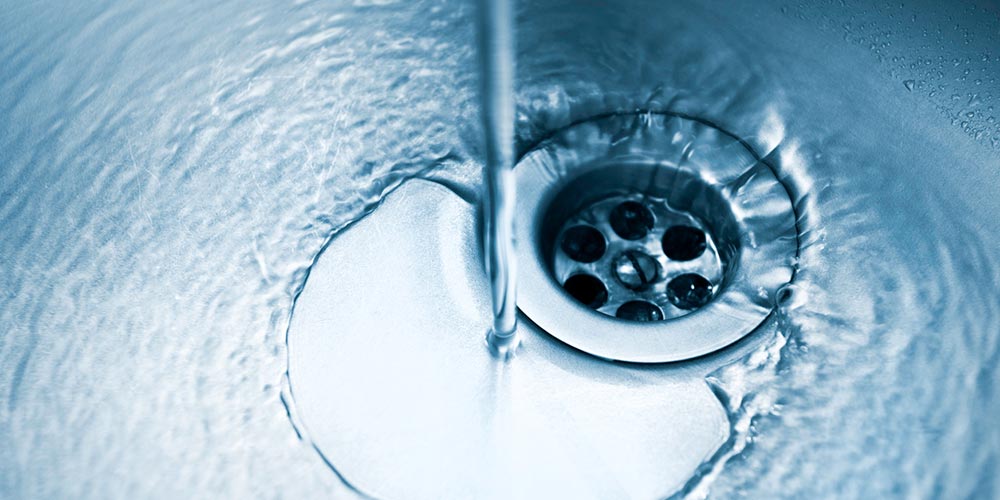
Drains are often an overlooked element of the home, despite their daily use. However, their importance cannot be overstated. Funnelling unwanted water or waste liquids away from the home, a clean and maintained drainage system works efficiently, ensuring no sewage or excess water re-enters the house. This allows your home to remain safe for you and your family, both from a health and structural standpoint.
To ensure your drains are working properly, regular cleanings are crucial. This prevents hair and other debris from gathering in the drain and restricting the flow of water, which can jeopardize the integrity of the pipes. Many plumbing companies, such as sosdraincleaning.ca, can be booked for drainage upkeep and maintenance, rather than simply in emergency situations. But for those eco-friendly homeowners who are in a pinch and hoping to clean their drains on their own, let’s explore a couple of techniques you can use that don’t require chemicals.
Drain Snake
A key piece of equipment that every professional plumber has in their repertoire is a drain snake. Comprised of a long, thin cable, the drain snake is reeled into the drain. Once it comes into contact with the blockage or clump of debris, the pointed end of the cable can either be used to break it apart or hook it and bring it back up. Drain snakes are particularly helpful when it comes to hair blockages, as attempting to flush out the drain with the debris still intact would likely result in your drain backing up.
In regards to targeting a specific issue, drain snakes are excellent to have on hand for any homeowner, regardless of whether they hope to avoid the use of chemicals. Drain snakes can be either hand-cranked or motor-operated, depending on the size of your drain and the type of clog that you’re contending with.
Baking Soda and Vinegar
Get ready to relive your science fair volcano days with this technique! First, clear away any debris that you are able to. Next, pour a ¾ cup of dry baking soda down the drain, followed by a ½ cup of vinegar. Then, immediately cover the drain with a rag, plug, or some type of stopper. Rather than allowing the chemical reaction to foam up as they mix together, as it would in the volcano, you want the pressure to work its way down, clearing out the drain as it goes. Allow your drain to sit for roughly 30 minutes, and as you wait, prepare boiling water. Once you’ve hit that 30-minute mark, remove the stopper and slowly pour the boiling water down the drain. This will wash out the vinegar and baking soda while collecting any stray debris that has been removed from the side of your drain.
If you believe that your drain isn’t 100% clean following this procedure, feel free to try it one more time!
Dish Soap
This step is particularly helpful for kitchen sinks, as using dish soap will help to remove any grease build-up. Simply pour a good amount of dish soap down the drain, followed by a kettle or pot full of boiling water.
A Professional
If these techniques are not working for you, then it may be best to call a professional plumber. Damaging your drainage system is not a risk you want to take, as compromised pipes can leak and impact the foundation of your home. A professional is more than equipped to handle drain cleanings, and is often willing to find a cleaning solution that suits your preferences if you are trying to avoid the use of chemicals.
